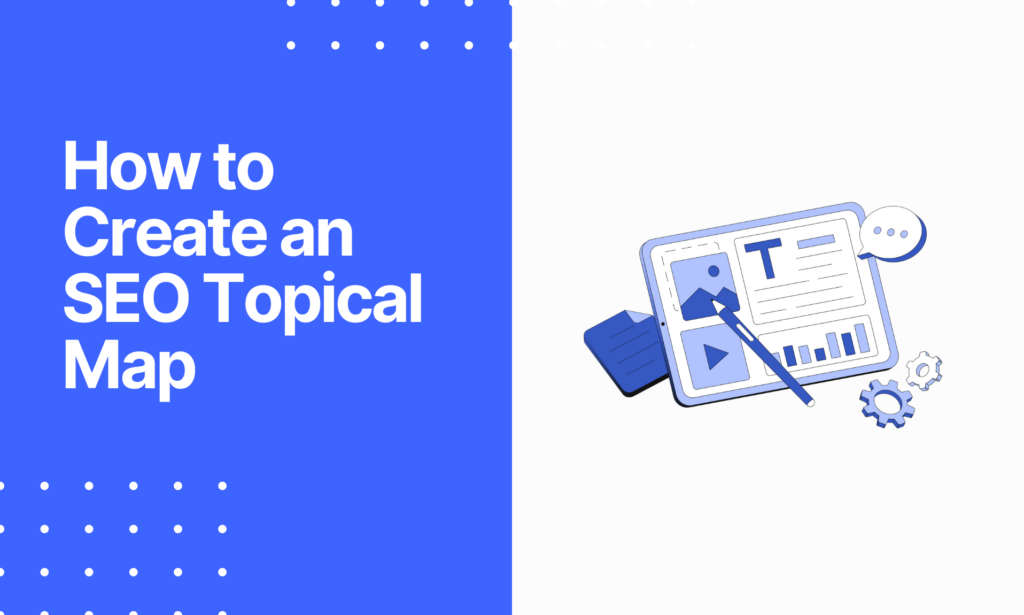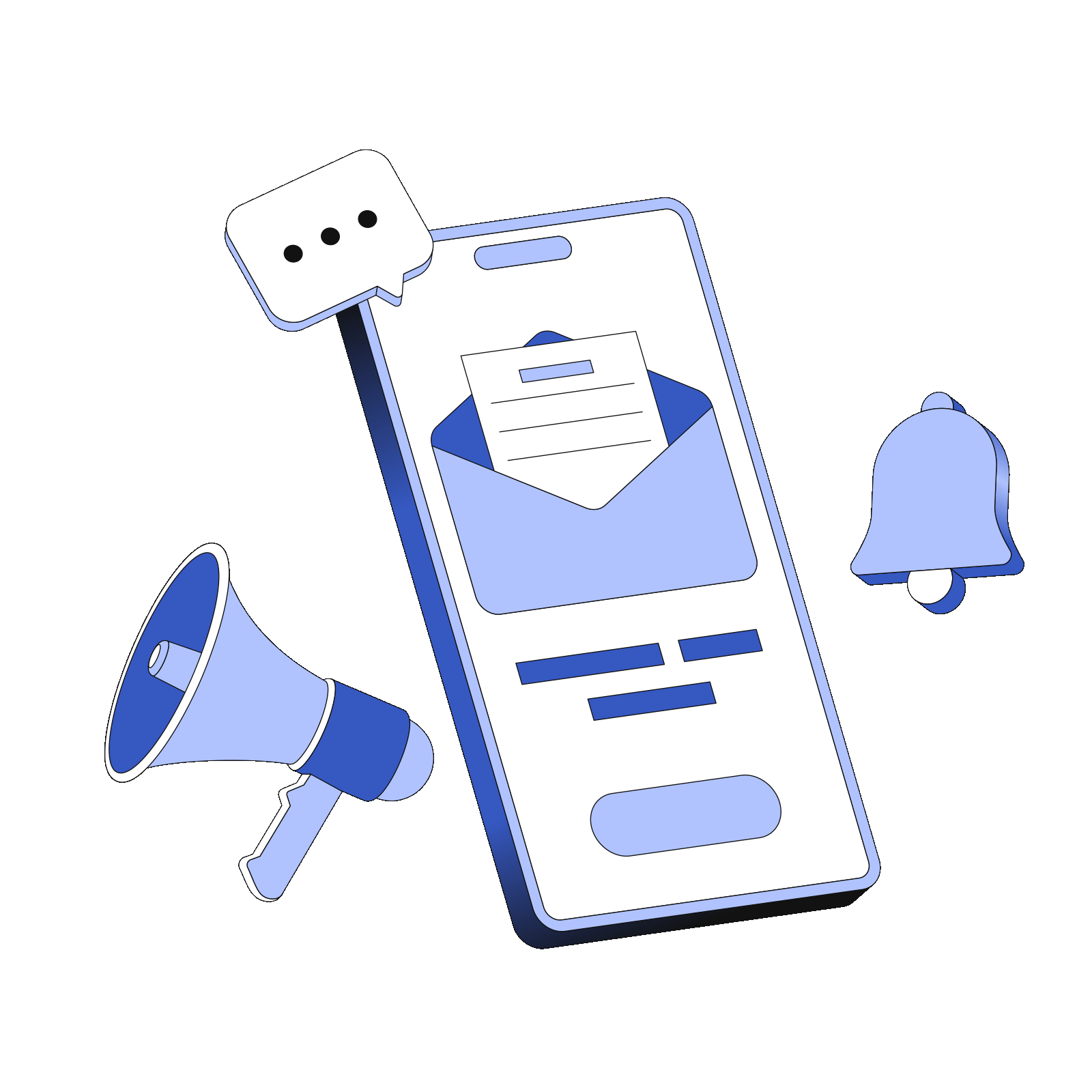In the digital marketing landscape, ChatGPT emerges as a powerful ally for SEO professionals, offering a variety of best use cases. From generating content that aligns with search engine rankings to mastering technical SEO, ChatGPT can enhance content creation with AI-generated content.
SEO tools leverage ChatGPT to generate meta descriptions and optimize content, harnessing the AI’s ability to understand and replicate a sequence of characters that form informative content. Regular expressions also become crucial in filtering and processing data within these cases of ChatGPT for SEO.
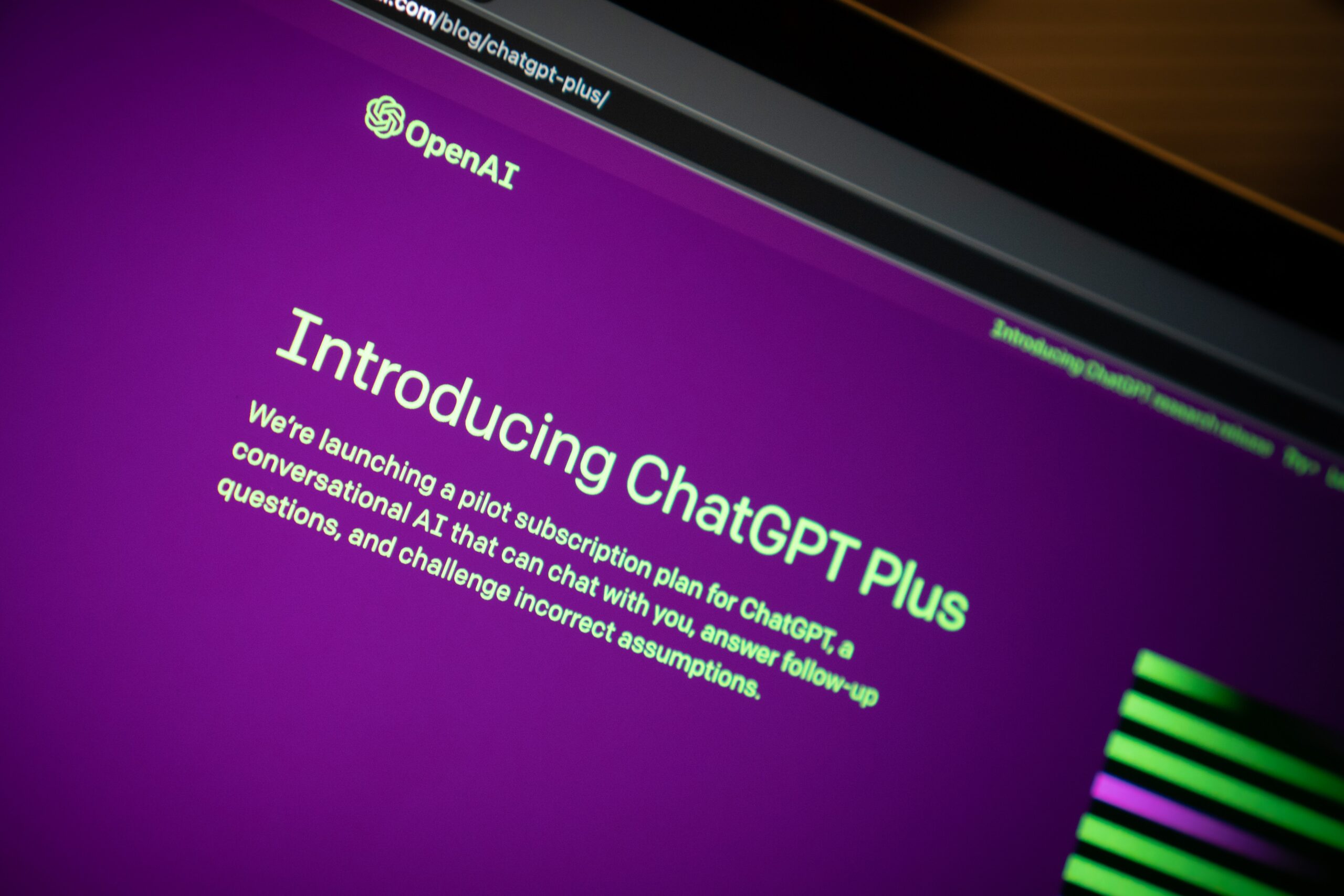
Getting Started With ChatGPT
ChatGPT is an advanced AI technology that has been pre-trained on a vast dataset to understand and generate human-like text based on the input it receives. This pre-trained transformer is particularly adept at mimicking conversational patterns and providing relevant information.
For SEO tasks, ChatGPT prompts can be used to derive many outputs that can streamline content optimization and creation processes. As an AI chatbot, it can swiftly provide keyword ideas, craft compelling copy, and even aid with technical SEO challenges.
Moreover, ChatGPT is a natural language model that understands context and nuances, making it an invaluable tool for SEO professionals. Its capacity to generate content that’s both informative and engaging can significantly impact a website’s visibility in search engine results.
Getting started with ChatGPT in the SEO realm involves integrating this AI-powered chatbot into your content marketing strategy to leverage its capabilities for enhancing online presence and improving engine rankings.
Join 900+ to receive a weekly SEO video from my YouTube channel, which I’ll share, and an actionable SEO tip every week.
How Does ChatGPT Affect SEO?
ChatGPT can assist SEO efforts by generating content tailored to a target audience’s needs. Its sophisticated algorithms can produce a wide range of human-like text that resonates with readers and adheres to SEO best practices.
The content generated by ChatGPT can help websites climb the engine results, as the quality and relevance of content are pivotal factors in search engine algorithms. ChatGPT’s ability to understand the input it receives allows it to create content that is likely to rank well.
Moreover, generating human-like text with ChatGPT contributes to a website’s visibility by providing fresh, relevant content that search engines favor. This AI-powered chatbot can be an asset in content to rank, drawing more organic traffic to a site.
Regular updates with AI-generated content ensure that a website stays dynamic and informative, which is essential for maintaining and improving its position in search engine results pages (SERPs).
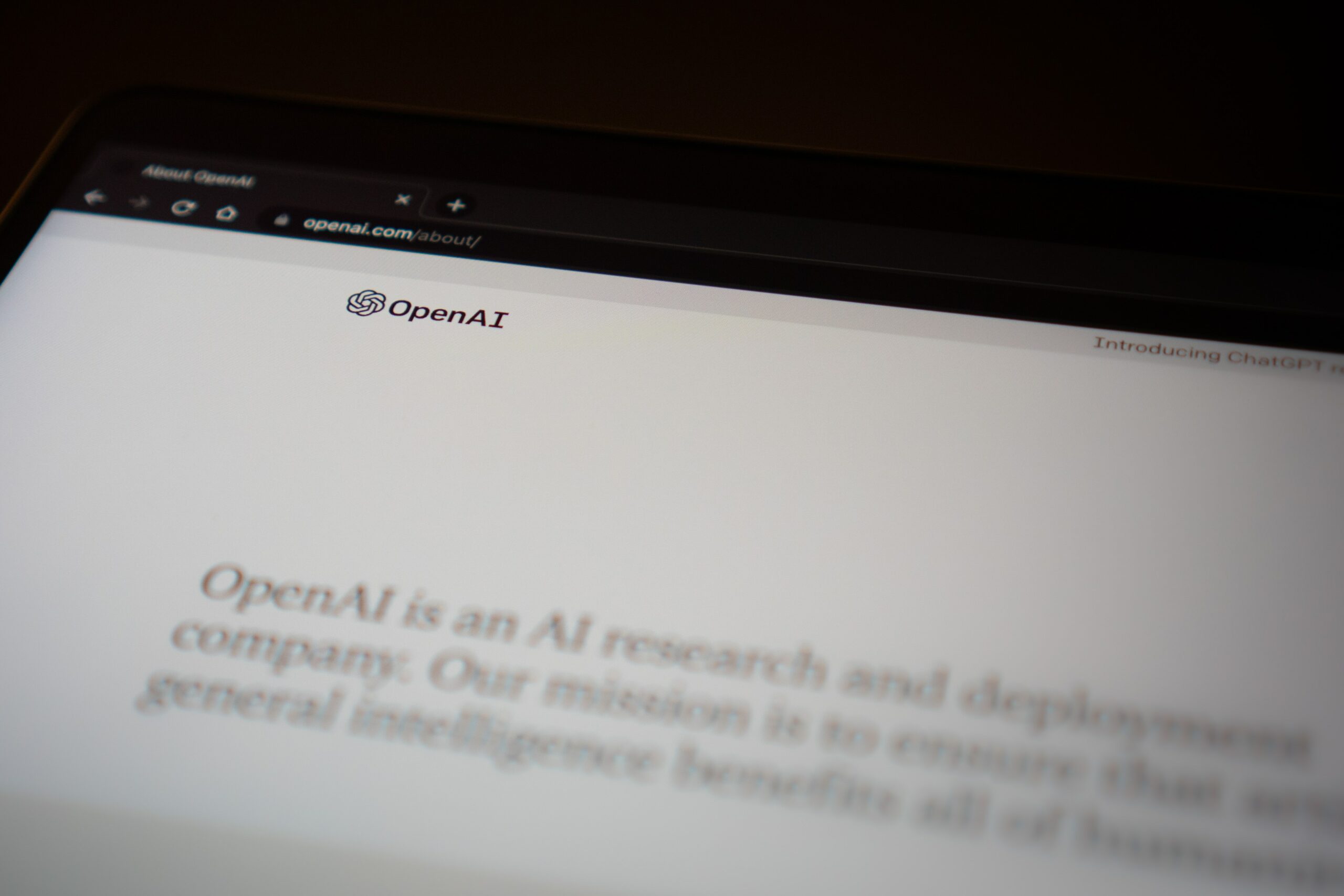
How to Use ChatGPT for SEO?
ChatGPT’s pre-trained transformer architecture makes it adept at understanding complex SEO tasks and generating appropriate responses. When presented with ChatGPT prompts, the AI can produce comprehensive and SEO-friendly output.
SEO professionals can utilize ChatGPT for various tasks, such as keyword research, content generation, and optimization strategies. The AI technology’s understanding of natural language processing allows it to enhance the SEO workflow effectively.
Conduct Keyword Research
Keyword research is a fundamental aspect of a content marketing strategy. ChatGPT can generate keyword ideas that align with your target audience’s search behavior.
Utilizing AI for this task can save time and increase efficiency. Moreover, ChatGPT-generated suggestions can be compared with tools like Semrush’s keyword magic tool to evaluate keyword difficulty.
This comparison can help determine the ranking difficulty and viability of targeting specific keywords within your content. Effective content is often a product of thorough keyword research.
By leveraging ChatGPT’s capabilities, marketers can ensure that their content is optimized for the right keywords, increasing the likelihood of achieving high search engine rankings.
Classify Keywords by Search Intent
Understanding search intent is crucial for creating content that meets user needs. ChatGPT’s data processing can aid in classifying keywords by intent, ensuring that the content improves its relevance to the audience.
SEO strategies that focus on search intent are more likely to succeed. Rely on ChatGPT to provide insights into how different keywords fit into various stages of the buyer’s journey, refining the targeting process.
By utilizing AI in identifying search intent, marketers can tailor their content more effectively, leading to better engagement and conversion rates from their SEO efforts.
Build Content Around Specific Topics
Focused content creation is key to SEO success. ChatGPT’s suggestions can provide a solid foundation for building unique content that caters to specific topics and incorporates relevant keywords and phrases.
Using AI-generated content ensures that the content to rank is optimized for search engines and provides value to the reader. This balance is essential for sustaining high engine rankings and driving traffic.
Developing a content strategy around ChatGPT’s input can streamline the creative process and lead to a more cohesive and effective online presence.
Plan Content Clusters
Content clusters are pivotal in SEO strategy, helping to organize related topics and enhance a website’s authority on a subject. ChatGPT can aid in this planning by suggesting a central pillar content piece and providing ideas for supporting cluster content.
This approach ensures comprehensive coverage of a topic that search engines favor. The planning process involves mapping out the relationship between the pillar content and the cluster topics.
This content network boosts SEO and provides value to the reader by covering various aspects of the main subject. With an effective content cluster strategy, one can expect to see improved rankings and user engagement.
Content clusters also encourage internal linking, which signals to search engines the hierarchy and importance of pages on a website. Using ChatGPT to strategize these clusters, one can ensure that the content is interconnected meaningfully, helping distribute page authority across the cluster.
Generate Seed Keywords for Clusters
Seed keywords serve as the foundation for building out content clusters. ChatGPT for keyword research can generate semantically related keywords that can be used to expand and refine the scope of content. This ensures that the content clusters are comprehensive and aligned with user search behavior.
When generating seed keywords, it’s crucial to consider the breadth and relevance of the main topic. ChatGPT’s ability to analyze vast amounts of data allows for identifying keywords that will yield the best results in a content cluster.
These seed keywords then guide the creation of targeted, niche content pieces. One must also consider the competition and search volume to maximize the potential of seed keywords.
ChatGPT can help filter out the most valuable keywords to create a focused content strategy that aims to capture traffic from a specific audience, driving more qualified leads to the website.
Improve Content Formatting
Content formatting is essential for reader engagement and SEO performance. ChatGPT can assist in structuring content to make it more readable and appealing. This includes suggesting headings, bullet points, and paragraph breaks that enhance the user experience.
For those using the paid version of ChatGPT, additional formatting capabilities are often available, providing more advanced suggestions for content structure. Proper formatting helps keep the reader’s attention and reduce bounce rates, which are important metrics for SEO.
Well-formatted content is also easier for search engines to crawl and understand, which can improve a page’s ranking. By leveraging ChatGPT’s suggestions, one can ensure that content is informative and presented in a way that both users and search engines appreciate.
Create Optimized Youtube Descriptions
Creating optimized YouTube descriptions with ChatGPT involves a collaborative process. Start by understanding your video’s content and purpose, identifying keywords, and initiating a conversation with ChatGPT about your video.
Craft an engaging introduction that succinctly conveys the video’s essence, incorporating relevant keywords naturally. Expand the description by working with ChatGPT to provide additional context or background information.
Seamlessly integrate target keywords throughout the description while maintaining a natural flow of language. Brainstorm effective calls-to-action (CTA) with ChatGPT to align with your video’s goals, whether it’s encouraging likes, shares, subscriptions, or website visits.
If your video has different sections, discuss the inclusion of timestamps to enhance user experience. Encourage ChatGPT to help create language that invites viewer engagement, such as asking questions or prompting discussions.
Consider the optimal length for your YouTube description, aiming for completeness without unnecessary verbosity. Regularly revisit and update your descriptions, engaging with ChatGPT to keep the content fresh, relevant, and aligned with changes in your video content or SEO strategy.
Through this collaborative approach, you can create YouTube descriptions that attract viewers and enhance search engine visibility.
Create Titles and Meta Descriptions
Title tags and meta descriptions play a crucial role in SEO, as they are the first interaction that users have with a website on the search engine results page. ChatGPT can help generate compelling titles and meta descriptions that reflect the content’s core message and incorporate targeted keywords.
These elements are crucial for engine crawlers to understand the content and for analytics reporting to track performance. ChatGPT can also craft a unique meta description to entice clicks, while title tags can be optimized with relevant keywords to boost a website’s visibility.
For those experiencing writer’s block, ChatGPT can inject creativity into titles and meta descriptions. By analyzing effective patterns, ChatGPT ensures that the generated text is engaging and optimized for search engines, contributing to better click-through rates.
Featured Snippet Targeting
Featured snippet targeting with ChatGPT involves a strategic and conversational approach to optimize content for the coveted position in search engine results. Start by defining the target query or topic for which you want to secure a featured snippet.
Engage ChatGPT in a dialogue to discuss the specifics of the query, asking for insights on what information Google typically selects for featured snippets. Explore different formats and structures, often in featured snippets, such as lists, tables, or concise paragraphs.
Discuss optimal word count and the use of relevant keywords to increase the chances of your content being selected. Seek advice on providing clear and concise answers to user queries, as this aligns well with the requirements for featured snippets.
Use ChatGPT to brainstorm and generate content that directly addresses the target query. Encourage the model to provide detailed and informative responses, ensuring the content is well-structured and easily digestible.
Iterate the content based on ChatGPT’s suggestions, refining it to align with the characteristics of featured snippets. Additionally, discuss related questions users might have after seeing the featured snippet and include those in your content.
As you engage in this conversational process, leverage ChatGPT’s insights to craft content that answers the initial query and addresses potential follow-up questions, enhancing the overall user experience. Lastly, test and monitor the performance of your content to see how well it performs in securing featured snippets.
Regularly engage with ChatGPT to adapt your strategy based on evolving search engine algorithms and user behavior, ensuring your content remains optimized for this prominent position in search results.
Inject Personal Insights and Experiences
Personal insights and experiences can differentiate content and resonate with readers. ChatGPT can suggest areas where adding personal anecdotes or expert opinions might enhance the content’s value and authenticity. This personal touch can lead to increased engagement and sharing.
By integrating personal narratives, the content becomes more relatable and trustworthy, which can improve its performance in search engine rankings. ChatGPT helps identify the right balance between informative and personal content, ensuring that the final piece is both helpful and engaging.
Including unique perspectives also encourages readers to spend more time on the page, reducing bounce rates and signaling the quality and relevance of the content to search engines. ChatGPT aids in crafting these narratives in a way that complements the factual information presented.

Use It for Content Promotion
Content promotion is key to reaching a wider audience, and ChatGPT can be employed to generate promotional material across various platforms. From creating social media posts to drafting email newsletters, ChatGPT offers diverse options for spreading the word about new content.
By leveraging ChatGPT to generate promotional messages, one can maintain a consistent voice across all channels. This ensures that the messaging aligns with the brand’s identity and the promoted content. ChatGPT can also suggest custom hashtags and engage calls-to-action to boost interaction.
Effective promotion with ChatGPT goes beyond just posting updates; it involves engaging with the community and encouraging discussion around the content. This not only increases visibility but can also provide valuable feedback for future content creation.
Identify Websites for Guest Post Outreach
Guest post outreach is an important aspect of SEO, as it can lead to valuable backlinks and increased authority. ChatGPT can assist in identifying potential websites for guest posting by analyzing industry topics and finding sites where content contributions would be relevant and impactful.
Utilizing ChatGPT to rewrite outreach emails can personalize communication and increase the chances of a positive response. This approach tailors the message to each website’s interests and content style, making it more compelling for the site owners to consider the guest post proposal.
Moreover, ChatGPT can help generate an HTML file with a portfolio of writing samples to include in outreach emails. This file is a professional presentation of one’s work, showcasing the ability to produce quality content that aligns with the target site’s standards and audience.
Generate Structured Data
Structured data plays a crucial role in SEO by helping search engines understand the content on a webpage. Utilizing ChatGPT to generate structured data can significantly streamline this process.
It can craft JSON-LD or Microdata code snippets, which can be embedded directly into a website’s code, assisting engine crawlers in better interpreting the page content. By generating schema markup, ChatGPT enables the creation of rich snippets that enhance the visibility of web pages in search results.
These snippets provide users with concise information that can improve click-through rates. The structured data generated by ChatGPT can be customized to fit various content types, from articles and products to events and recipes.
Including structured data is a step forward in optimizing a website for search engines. When ChatGPT is used to create detailed and accurate structured data, it lays the groundwork for improved search visibility and user engagement.
Write Meta Tags
Meta tags are essential for providing search engines with metadata about a page’s content. ChatGPT can be utilized to rewrite meta tags, ensuring they are relevant and optimized for the target queries.
The AI can tailor meta descriptions and title tags to reflect the page’s content while incorporating appropriate keywords. ChatGPT can apply an efficient query filter to select the most relevant terms for meta tags.
This process ensures that the meta tags align with the search intent and improve the page’s search engine rankings. The rephrased meta tags can lead to better user engagement when they align with the searcher’s intent.
With ChatGPT’s assistance, meta tags can become more dynamic and descriptive. This improvement can increase the click-through rate from the search engine results page, driving more organic traffic to the website.
Generate Sitemaps
A sitemap is a crucial file that lists all the important pages of a website, ensuring that search engines can crawl and index the site effectively. ChatGPT can act as a tool to generate these sitemaps, creating a structured list of URLs that can be submitted to search engine consoles.
After generating a sitemap, website owners can simply console and paste the sitemap URL to inform search engines of the site’s structure. This action helps search engines prioritize the crawling of pages that are frequently updated or hold significant value.
ChatGPT’s capability to produce comprehensive sitemaps enhances a website’s SEO by ensuring all pages are accounted for and accessible to search engines. This thorough indexing can lead to better search visibility and a more complete site representation in search engine databases.
Get FAQs for Your Content
FAQ sections are valuable for addressing common questions and improving the user experience. ChatGPT can be used to generate FAQs that are relevant to the content.
This AI-generated section can help with long-tail keyword optimization and provide direct answers to user queries. By analyzing the content, ChatGPT can suggest questions that users may have, providing a rich resource for content expansion.
These FAQs can also improve the page’s chances of appearing in voice search and featured snippets, thus enhancing visibility. Integrating ChatGPT-generated FAQs into content improves SEO and adds value for the reader.
It positions the website as a helpful resource, potentially increasing users’ time and encouraging repeat visits.
Rewrite Content
Content optimization is pivotal for SEO success. ChatGPT can help rewrite content to include relevant keywords and phrases based on semantic relevance. This fine-tuning ensures that the content remains valuable and pertinent to the user’s search query.
AI content tools like ChatGPT can identify content gaps and suggest internal links for better content connectivity. The rewritten content enhances the website’s relevance and authority on the subject matter by building topical authority.
Utilizing Google Analytics, ChatGPT can assist in optimizing your content strategy. This includes suggesting updates to older content with new, relevant content that addresses the latest trends and user needs.
The goal is to create a valuable content ecosystem that meets the searcher’s intent and drives organic traffic.
Use It for Coding
Leveraging ChatGPT for coding is a transformative experience, enabling developers to streamline their coding processes and enhance productivity. By framing clear and concise queries, users can engage in dynamic conversations with ChatGPT to seek assistance on coding challenges, generate code snippets, or brainstorm solutions.
Whether refining syntax, exploring algorithmic approaches, or conceptualizing code architecture, ChatGPT’s ability to understand and respond to context makes it a valuable companion for coding exploration. Integrating ChatGPT into the coding workflow facilitates knowledge exchange and can provide valuable insights, making it an innovative tool for both beginners seeking guidance and experienced developers looking for creative problem-solving assistance.
Discover Content Gaps
Discovering content gaps with ChatGPT involves a strategic approach. Start by clearly defining your content goals and target audience. Engage in open-ended conversations with ChatGPT about your niche, industry trends, and common user queries.
Understand user intent by prompting ChatGPT to provide insights into what users seek in related queries. Identify untapped topics by asking ChatGPT for suggestions that may not be adequately covered in your existing content.
Analyze competitor content by discussing competitors with ChatGPT and identifying themes they cover. Explore keywords and phrases in conversations to uncover specific terms your audience may be searching for.
Evaluate content formats, such as videos or infographics, by discussing these options with ChatGPT. Review your website analytics data with ChatGPT to gather insights on high-performing and underperforming content.
Compile the insights from the conversation, summarizing content gaps, potential topics, and areas for improvement. With the information gathered, plan your content creation strategy to address the identified gaps.
While ChatGPT provides valuable insights, validating suggestions with domain knowledge and additional research is crucial to ensure a comprehensive and effective content strategy.
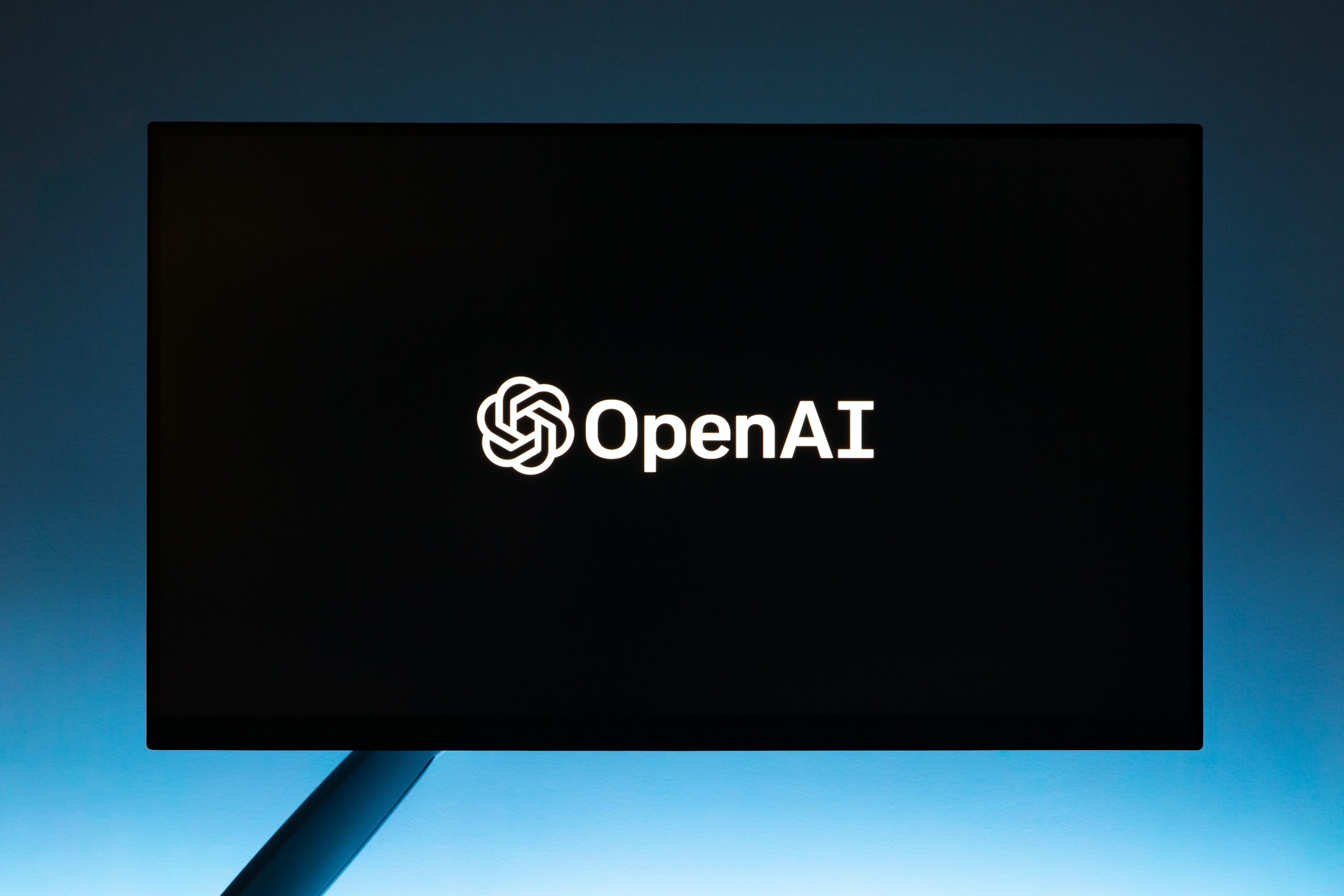
Wrap-Up
In conclusion, ChatGPT emerges as a powerful ally for content creators aiming to enhance their SEO strategies. It can significantly streamline the SEO process, from keyword research to content creation, by utilizing its capacity to understand and generate human-like text.
Ultimately, for those striving to achieve the best SEO outcomes, integrating ChatGPT into their digital marketing toolkit offers a competitive edge. It saves time and helps craft content that resonates with both search engines and human audiences.

